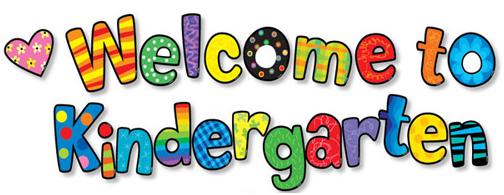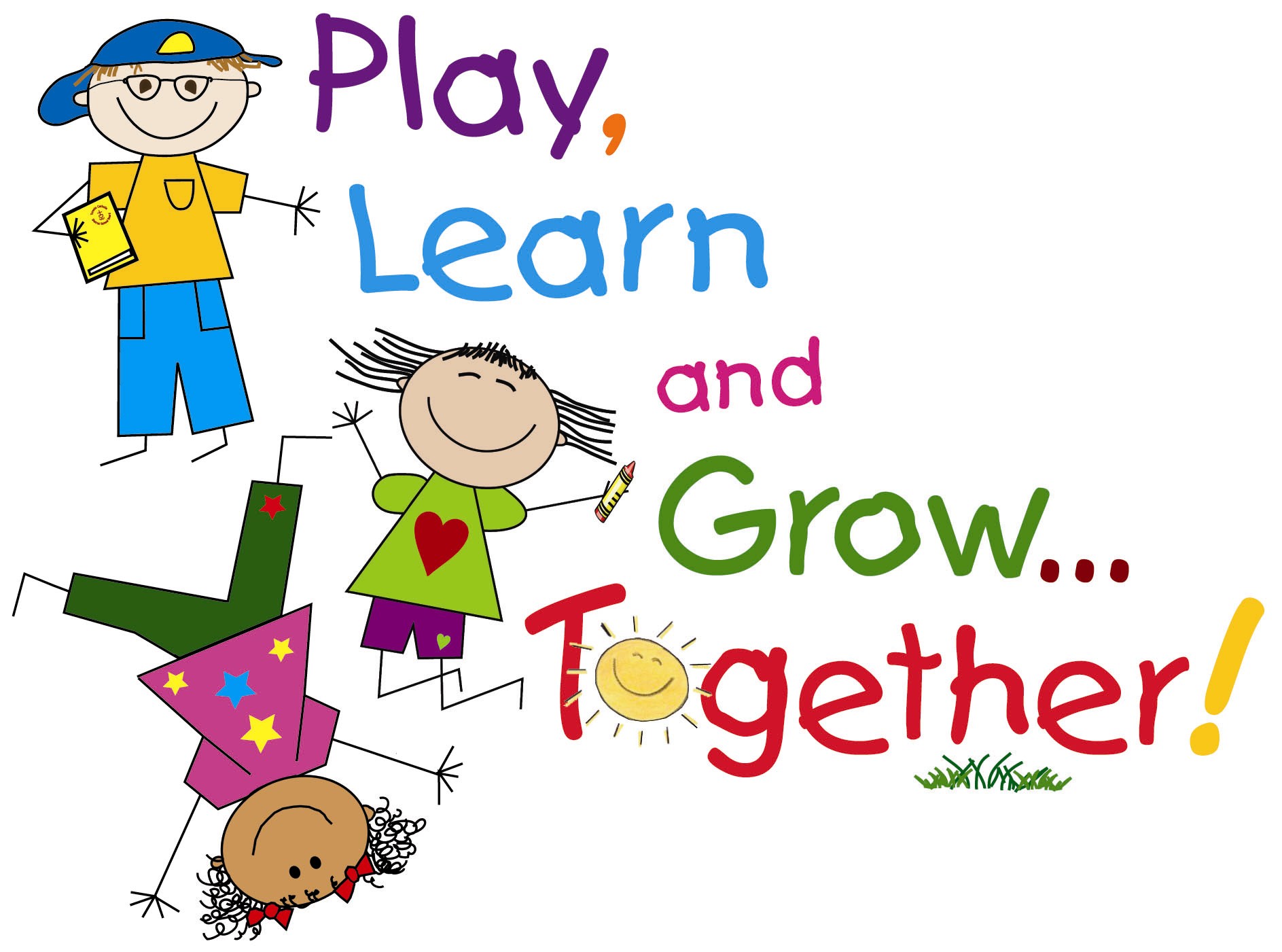 |
|
 |
Over the years, research has demonstrated that parents and families are the first and most powerful educators of children. As a child enters kindergarten, this learning continues, ideally in partnership between children, families, and schools. Early years teachers, early childhood educators, administration, and community agencies have the first opportunity to welcome families in, celebrate family diversity, and help them identify their strengths. They set the foundation for a child’s journey in formal education. While there is no one-size-fits-all approach, there are some universals that set families and schools up for success throughout a child’s educational career.
A Note to School
Today is her first day of school, my first day of school again as parent. I offered to drive her to school. I offered to follow the bus. I was told, “No.” I was, however, allowed to wait outside with her. As I watched her climb the big steps to the bus, I had tears in my eyes. I was not quite ready to turn her over to someone else. As only a five year old could, she turned and said, “Really mommy, I’ll only be gone a few hours.”
Today, as we transition, I remember the Welcome to Kindergarten sessions, where you talked about the role of families in ongoing learning, and I was comforted that I was not going to be left out in the cold. I thank you for recognizing my fears and helping me to understand how I support my child’s success and well-being.
Looking forward to learning together,
An engaged parent
Families of kindergarten children come in all shapes and sizes, and no matter who they are, where they are, or how they are, they all want the same things for their children. They want for them to be successful and well over the course of a lifetime. They want for them to be engaged in school, and they want for them to have opportunities that extend beyond those they feel that they had. They want for their children to feel welcomed, valued, celebrated by school, and they want the same things for themselves. They want to feel secure in what they offer to their children, and they support the school in the best ways they can. Most want their children to understand feelings, take risks, develop self-confidence, and understand the difference between right, need, and responsibility. Some families, however, are not sure of what this means, how to support school, or how to identify what it is that they do each day that supports their children’s learning. Perceived judgment is a barrier for many of these families; establishing inclusive family-school communities that recognize the strengths and values of all are critical to supporting these families as they enter kindergarten with their children.
- So what can we do as early learning communities?
- What key messages do we need to share?
- How can we support kindergarten families as they recognize and celebrate their strengths and successes?
- How do we invite them in without telling them what to do?
Early learning teams are well-positioned to support families in developing identifying their strengths and developing confidence in who they are and what they do. Key messages shared at this level will remain with families over the course of a lifetime, particularly if they are actively reinforced in many different ways. From the very beginning, we must resist a school knows best perspective, instead recognizing parents and family as children’s first and most powerful educators. For those parents and families whose security runs low, we can help them to see their role in their children’s learning from 0-4. Today’s families live in a very busy world; they need to see the value in keeping it simple and make time for talk, song, play, and discovery in whatever language they speak. Kindergarten family and school communities can support families by recognizing and celebrating the successes of children and families, accentuating the positive, making sure that children develop positive self-talk and a can-do attitude, and establishing a culture of communication, positive thinking, and question-asking.
Welcome to kindergarten sessions or orientations to kindergarten are opportunities to engage in partnership, enhance the strengths of families, and make connections between home and school. Key messages shared and received by families are critical… these are the universals regardless of who, what, when, where, or how.
 Listen more, talk less. Ask families to brainstorm and talk about what they already do at home – does their child sing lullabies, set the table, jump over the cracks on the sidewalk, jump on a trampoline, spend time with grandparents – these are all engagement and great supports for learning, but they are often neglected by families. Let them share, and then gently guide in the direction of engagement.
Listen more, talk less. Ask families to brainstorm and talk about what they already do at home – does their child sing lullabies, set the table, jump over the cracks on the sidewalk, jump on a trampoline, spend time with grandparents – these are all engagement and great supports for learning, but they are often neglected by families. Let them share, and then gently guide in the direction of engagement.
Don’t tell, invite. Recognize that many families need encouragement and multiple invitations to break through negative experiences, preconceived notions, and perceived judgment. They need for us as teachers, community members, and researchers to set aside our taken-for-granted assumptions and perceptions of deficit (i.e., telling them what to do) in favour of a strengths-based view. They need for us to ask, “How are you engaged?” instead of assuming they’re not.
Recognize that every family is engaged with their child, in many different ways. What might be considered engagement by a family may not be viewed as engagement at school. Sometimes engagement is attitudinal – fostering positive perspectives toward school and learning; other times, it is engagement in school-based tasks (i.e., homework).
Suspend judgment, and encourage families to do the same. The fear of judgment is often worse than the judgment itself. And we all feel it… despite who we are and what we do, there are times when we worry about how our family unit is perceived at school – Do we appear overprotective, disorganized, engaged or not? Is the school aware of the types of things we do at home, even when we forget to send the library book back?
 Prepare resources and materials that are culturally, linguistically, and socially sensitive and relevant. Use multi-language resources and if possible, on your websites use a text-reader that will allow all families to access in whatever way works best. Make sure that families know that reading, writing, listening, and speaking in any language supports the work that children do at school.
Prepare resources and materials that are culturally, linguistically, and socially sensitive and relevant. Use multi-language resources and if possible, on your websites use a text-reader that will allow all families to access in whatever way works best. Make sure that families know that reading, writing, listening, and speaking in any language supports the work that children do at school.
Ensure that there are multiple entry and exit points for all to participate. Recognize that families come to us with a range of experiences and many are learning to do school all over again. Adopt a multiple intelligences/learning styles approach that allows each family to put their best foot forward. Provide opportunities that accommodate the needs of busy families; recognize that engagement goes far beyond attending school functions.
Recognize the barriers to getting families through the door of the school. Accommodate transportation, food, and childcare needs where necessary. Better yet, plan for activities and events that engage parent/family and child together. Host an art-show, a math evening that focuses on a captivating subject, or a topic of interest to children, families and school communities.
Make every effort to build trust one step at a time. Start small and recognize that a journey of a thousand miles beings with a single step. Kindergarten is the first step that many families make.
Support families and schools to communicate with confidence and with purpose. Keep the child at the centre of all communication – engage the child in three way-conferences to talk about learning – they often know more than we think they do.
 Most importantly, commit to engagement. Keep it simple, keep it manageable, and celebrate the successes of families and schools!
Most importantly, commit to engagement. Keep it simple, keep it manageable, and celebrate the successes of families and schools!
Thanks to the Nipissing District Early Learning Community for allowing me to share these messages!


